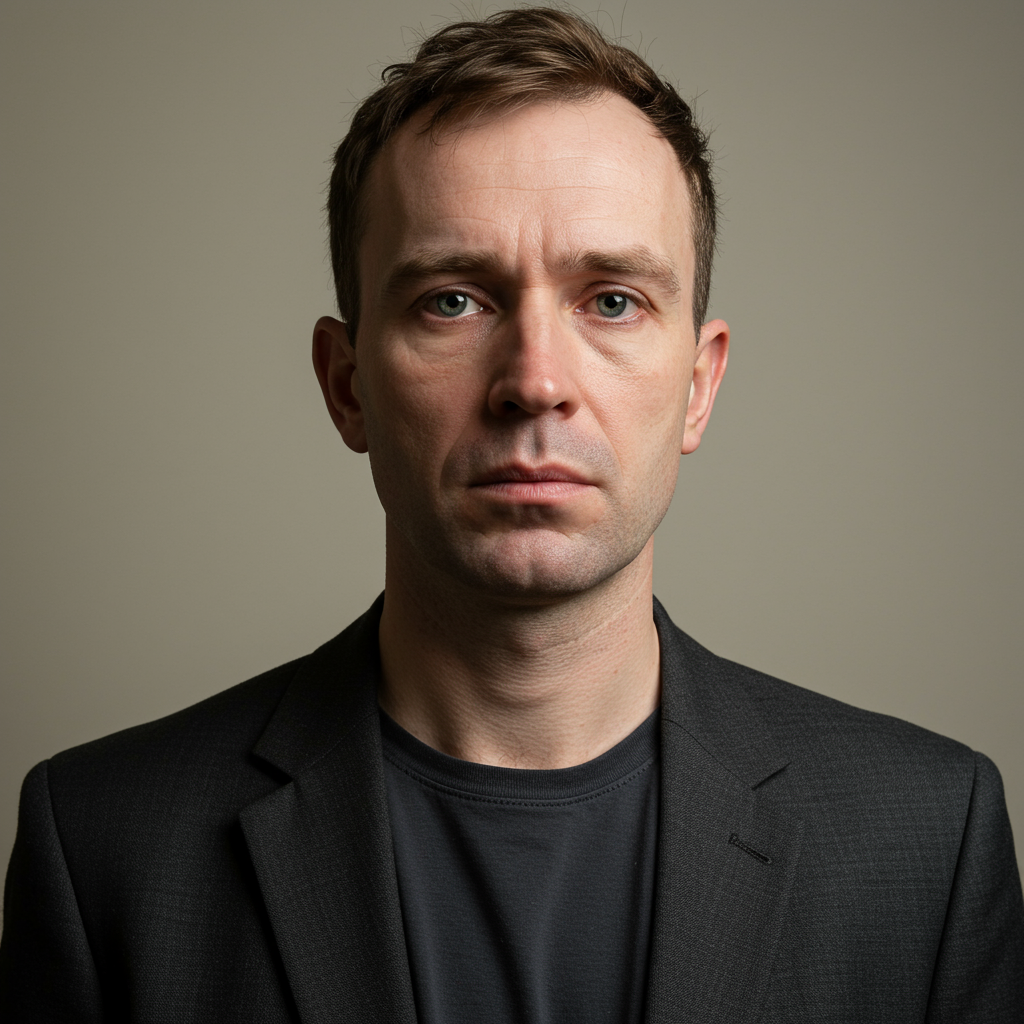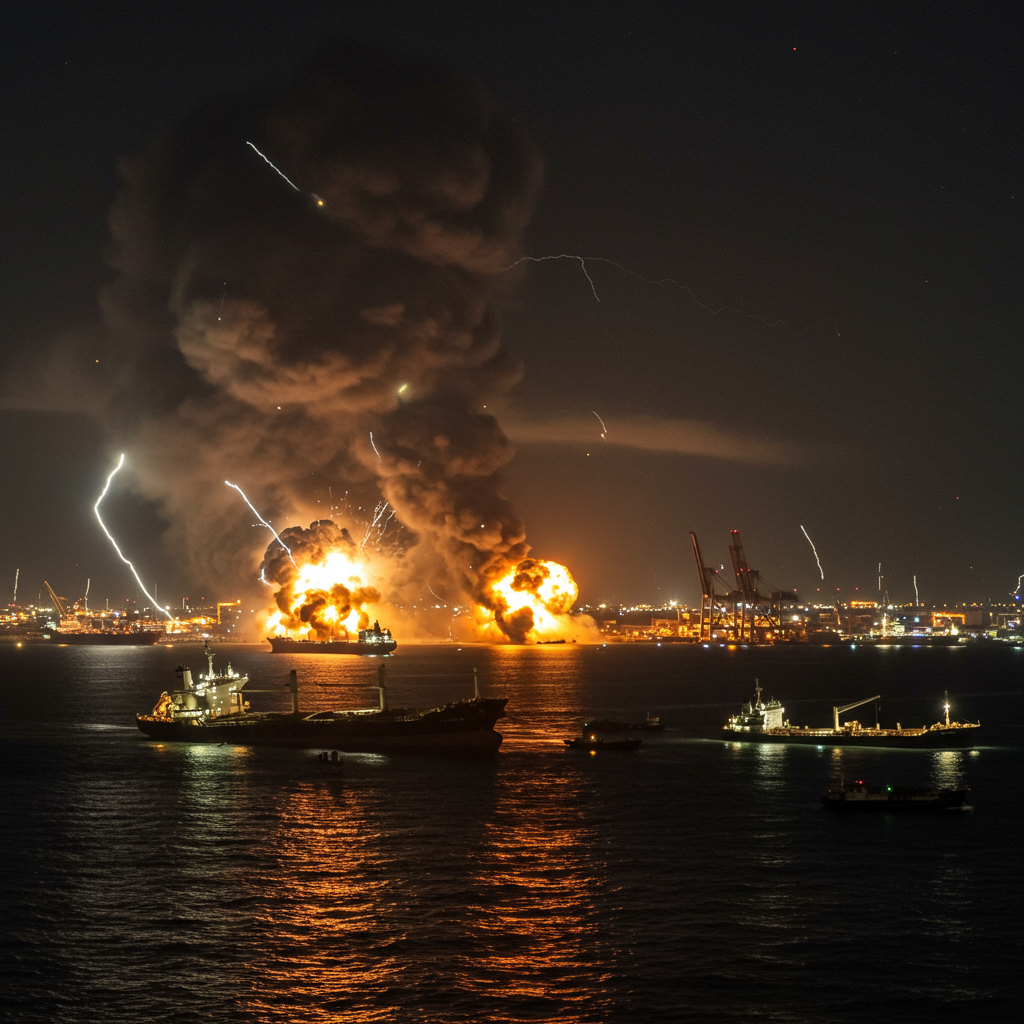Allegations of genocide in Gaza have sparked intense global debate, fueling widespread protests and diplomatic tensions. At the heart of this controversy are differing interpretations of international law, on-the-ground realities, and military intent. This article delves into the perspective of John Spencer, a renowned expert in urban warfare and chair of urban warfare studies at the Modern War Institute at West Point, as he challenges the assertion that Israel is committing genocide in the Gaza Strip. Spencer’s unique access and research offer a crucial counter-narrative, standing in contrast to other prominent views, including those of leading genocide scholars.
Unpacking the Genocide Allegation: Intent as the Core
The term “genocide” carries immense weight, defined legally by the 1948 United Nations convention. Spencer firmly anchors his argument in this legal framework, emphasizing that the convention hinges on the intent to destroy a national, ethnic, racial, or religious group, in whole or in part. He acknowledges the immense destruction in Gaza—entire neighborhoods leveled, tens of thousands of lives lost—but maintains that devastation and high casualties alone do not legally equate to genocide. This perspective directly challenges claims from critics, including some Israeli human rights groups and Omer Bartov, an Israeli-American Holocaust scholar, who argue that the sheer scale of destruction, particularly of civilian infrastructure, indicates an intent to render Gaza uninhabitable.
Spencer’s views are formed from direct, immersive research. Since October 7, he has visited Gaza four times, embedded with the Israel Defense Forces (IDF). His access extended to high-ranking Israeli officials, including the Prime Minister, Defense Minister, and Chief of Staff. Through these interactions, he focused on understanding the IDF’s tactical procedures, targeting processes, and operational orders. It’s important to note, however, that due to safety concerns and the nature of his military-embedded research, he was unable to directly interview Palestinian civilians during his visits.
Israeli Intent: A “Mountain of Evidence” Against Genocide
Spencer highlights what he describes as a “mountain of evidence” contradicting a genocidal intent from Israel. He points to explicit statements from top Israeli leadership, including the Prime Minister and Defense Minister, who consistently articulate that their conflict is specifically with Hamas, not the Palestinian people in Gaza. These public declarations, Spencer argues, are crucial in assessing legal intent.
Beyond rhetoric, Spencer cites tangible Israeli efforts that, in his view, actively work against a genocidal agenda. He references the establishment of field hospitals, the repair of critical water pipes, and significant provisions of humanitarian aid. According to Spencer, these actions demonstrate a clear effort to preserve civilian life and essential services amidst ongoing military operations. He also claims that most of the seven hospitals he observed, post-evacuation and clearance of Hamas elements, were able to resume some form of operation, albeit likely limited.
The Humanitarian Crisis: Blame and Distribution Challenges
The dire humanitarian situation in Gaza, particularly severe food shortages, is undeniable. Reports of people living in rubble-strewn tents and struggling to secure even one meal a day paint a grim picture. While Spencer concedes the presence of desperate need, he attributes the primary cause of the crisis not to Israeli malice, but to Hamas’s interference.
Spencer alleges that Hamas has actively seized aid supplies, used armed guards on aid trucks, and deliberately sought to create a humanitarian crisis for strategic purposes. He cites instances where thousands of aid trucks, according to UN reports, were reportedly held up because Hamas prevented their pickup. He also champions the “Gaza Humanitarian Foundation,” a joint U.S.-Israel initiative, stating it distributed 1 to 2 million meals daily, with each box containing multiple days’ worth of food. Spencer claims the Foundation even offered to deliver food with private security contractors but was allegedly refused by the United Nations. While acknowledging that these efforts were “not enough” to fully alleviate the shortages, he frames them as genuine attempts to address the crisis from the Israeli side.
Political Extremism vs. Official Policy and Post-War Governance
Spencer directly addresses concerns about inflammatory statements made by some Israeli officials, such as calls for “total annihilation” or “erasing Gaza.” He acknowledges that certain ministers, like Smotrich or Ben-Gvir, hold extreme views and openly desire the land for Israel, wishing for Palestinians to leave. However, Spencer dismisses these as representative of the official war cabinet’s policy. He likens these comments to fringe political statements in any democracy, arguing they do not reflect the strategic intent or operational orders of the government at large.
The question of post-conflict governance in Gaza also presents a complex challenge. Spencer agrees with critics who point out Israel’s apparent lack of a concrete plan for new leadership in Gaza. He attributes this inertia to Israel’s unachieved primary objectives: the return of hostages and the complete disarmament of Hamas. Without these initial steps, he argues, planning for long-term governance becomes virtually impossible.
Differentiating From War Crimes and Ethnic Cleansing
When pressed on whether Israel’s actions could constitute “ethnic cleansing” or “war crimes,” Spencer is clear in his rejection of the former. Ethnic cleansing implies a forced removal of a population, which he does not believe is the overarching intent or outcome.
Regarding war crimes, Spencer takes a nuanced stance. He acknowledges that in any armed conflict, individual soldiers will inevitably “do the wrong thing.” He states that some Israeli soldiers have indeed committed wrongdoings in Gaza, and that a military justice system should hold these individuals accountable. However, he strongly objects to the broad assertion that “every bad event is a war crime,” cautioning against conflating individual misconduct with a systematic, state-sanctioned policy of widespread criminality.
Contrasting Perspectives: The Broader Academic Consensus
Spencer’s arguments stand in stark contrast to the views of many other prominent scholars and international bodies. Omer Bartov, a leading Israeli-American scholar of Holocaust and genocide studies, argues forcefully that Israel’s actions in Gaza do meet the UN definition of genocide. Bartov points to not only initial inflammatory statements but also the clear implementation of intent: making Gaza uninhabitable through the systematic destruction of schools, universities, museums, hospitals, and critical infrastructure, thereby preventing the Palestinian group from reconstituting itself.
Bartov highlights the immense scale of destruction – at least 58,000 Palestinians killed, predominantly women and children, with an estimated 10,000 under rubble, and 92% of residential buildings damaged or destroyed. He observes an “extraordinary indifference” within segments of the Israeli public and a growing consensus among genocide scholars globally that the campaign is genocidal. For Bartov, the misuse of “never again” to justify Israeli actions, and the silencing of criticism through accusations of antisemitism, represent a “betrayal” of the Holocaust’s universal lesson. He critically views concepts like Israel’s proposed “humanitarian city” on Rafah’s ruins as akin to a “vast concentration camp” designed for eventual forced removal.
The United States’ role is also a point of contention. Critics like Bartov argue that the Biden administration could have halted the assault but failed, pointing to constant US arms supplies and UN Security Council vetoes as enabling factors. Even under the Trump administration, while some diplomatic shifts occurred (e.g., discussions with Iran, potential Saudi normalization de-linked from Gaza), the perceived “clear antipathy towards Palestinians” suggests low expectations for meaningful US intervention on Gaza’s behalf, beyond potential “fig leaf” plans.
Conclusion: A Deeply Divided Narrative
The debate surrounding “genocide” in Gaza is multifaceted, deeply polarized, and critically important for understanding the conflict. John Spencer, drawing on his expertise in urban warfare and his direct observations embedded with the IDF, presents a compelling case that Israel’s actions, while destructive and tragic, do not meet the legal threshold for genocide due to a lack of demonstrable intent. He emphasizes Israeli efforts to minimize civilian harm and provide aid, while attributing many humanitarian failures to Hamas.
However, this narrative faces strong opposition from other scholars like Omer Bartov, who see clear genocidal intent and implementation in the widespread destruction and systematic rendering of Gaza uninhabitable. The ongoing conflict thus remains a subject of intense scrutiny, with experts offering vastly different interpretations of events, motives, and legal responsibilities, underscoring the profound divisions in global perspectives.
Frequently Asked Questions
What is the legal definition of genocide, according to John Spencer?
According to John Spencer, the legal definition of genocide, as outlined in the 1948 United Nations convention, hinges primarily on the intent to destroy a national, ethnic, racial, or religious group, in whole or in part. He argues that while immense destruction and high casualties have occurred in Gaza, these outcomes alone do not fulfill the legal criteria for genocide without clear proof of such destructive intent from the perpetrator. Spencer’s perspective differentiates this from the general effects of warfare.
Where does John Spencer’s research and observations on Gaza originate?
John Spencer’s research and observations are based on extensive direct engagement in the conflict zone. Since October 7, he has visited Gaza four times, embedded with the Israel Defense Forces (IDF). His access allowed him to interview high-ranking Israeli officials, including the Prime Minister, Defense Minister, and Chief of Staff. His focus was on studying the IDF’s military tactics, techniques, procedures, orders, and targeting processes as an urban warfare expert from West Point.
How do different expert perspectives, like those of John Spencer and Omer Bartov, approach the ‘genocide’ accusation in Gaza?
John Spencer emphasizes the legal definition of genocide focusing on intent, arguing Israel’s actions, despite destruction, don’t meet this. He cites Israeli leaders’ statements targeting Hamas, not civilians, and efforts to provide aid. In contrast, Omer Bartov, a Holocaust and genocide scholar, argues Israel’s actions do constitute genocide, pointing to both initial inflammatory statements and their implementation through widespread destruction of civilian infrastructure, making Gaza uninhabitable. Bartov highlights a growing consensus among genocide scholars and criticizes the misapplication of “never again” and the silencing of critics.




